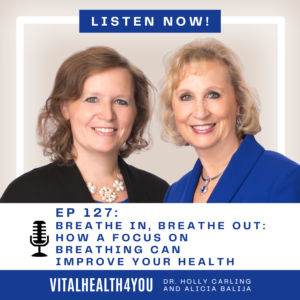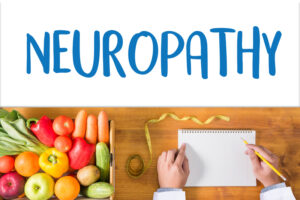When people talk about being tired or fatigued, it is generally called by different verbs: they refer to it as “sleepy”, tired, “sick fatigue”, physical fatigue (over work, muscle soreness), mental fatigue, just worn out, depressed, or overwhelmed.
I’ve noticed in the beginning of care, people just say “I’m tired”. As care commences and they start feeling better, they are more capable of differentiating the type of fatigue they feel. Later, they say “I’m sleep-deprived tired, but not the sickly tired I used to feel”. Or “I’m tired because I overworked my muscles but no longer the depressed tired I used to feel all the time”.
There are several types of fatigue: Mental fatigue is when you are so focused on something such as studying for an exam, especially for a long period of time, that it just wears on you. There is physical fatigue from over working muscles – either carrying something too heavy, working for a long period in an odd position, repetitive motion, engaging in a long or intense sports activity or working out at a gym.
We have psychological fatigue. This is common when caretaking a parent, living in an environment with unhealthy relationships, or continual stress at work.
Pain is tiring, as are many health conditions. Dealing with these over a period of time, or if severe enough, even a short period of time, can be quite exhausting. There is a tiredness that precedes coming down with a cold or flu or other illness. Many, if not most, medical conditions have fatigue as a common component. These can be known or unknown conditions. Medications often also have a side effect of causing fatigue. Sometimes these are referred to as “lethargic” fatigue.
You can also have fatigue caused by over stimulation of one of the senses, such as a prolonged bad smell (referred to as “receptor fatigue”.)
Emotional fatigue comes from too long of a period of time of unfulfilled expectations. An emotionally dissatisfying relationship, not reaching your occupational goals, repeated disappointment with a child’s decisions, etc. Emotional fatigue is commonly referred to as depression, but isn’t always that.
Fatigue from lack of sleep is nearly epidemic. The inability to fall asleep or stay asleep for periods of time are so exhausting that the person can actually become a danger – a danger behind the wheel of a car, a danger around equipment, and also unable to do their job correctly and therefore in danger of losing their job. Sleep related fatigue can have far reaching consequences. What bothers me the most about fatigue is that it is all too frequently generalized under the label “depression”, and without seeking out the cause of the fatigue beyond basic lab work, is discounted and medicated. There is so much that can be done when you are tired, and it begins with identifying the underlying causative factor.
©2016 Holly A. Carling, O.M.D., L.Ac., Ph.D.







